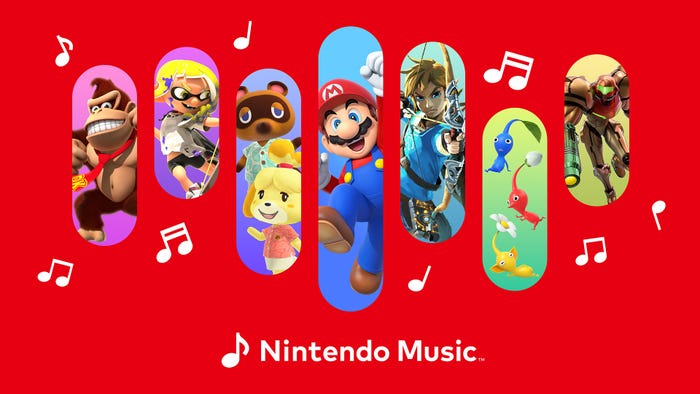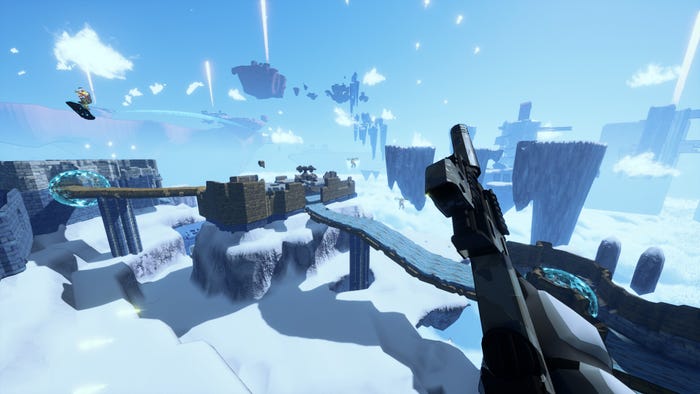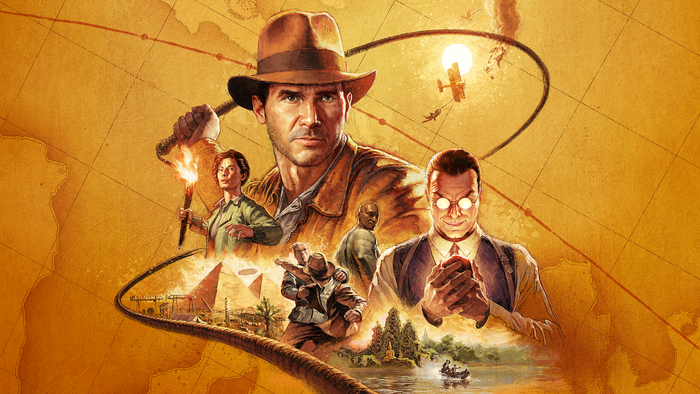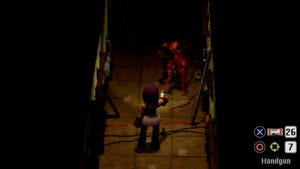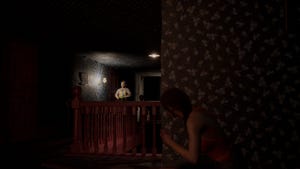5 problems with co-op game design (and possible solutions)
If you're making a co-op video game and it feels like an overwhelming task, don't worry -- it's not just you who feels this way. "Designing for co-op is basically designing in hard mode," says Funcom's Tanya Short.

If you're making a co-op video game and it feels like an overwhelming task, don't worry -- it's not just you who feels this way. "Designing for co-op is basically designing in hard mode," said Tanya Short, senior gameplay designer at Funcom, speaking at the Montreal International Game Summit this week. "Your players will not only complain about your game, they'll start complaining about each other." But she argued that the benefits of co-op play far outweigh the negatives -- as long as the co-op is integral to the game design. "Right now there is a lot of parallel play," she said. "Developers think that they can get the benefit of co-op games without actually letting players work together. It's more that you should give players the tools to allow them start caring about each other in a story they create together." Her first warning was to disavow any thoughts that co-operative mechanics should exclude considering the competitive implications. "It's very difficult to [keep players from] competing, unless you do not reward the players for anything they do," she said. "Any time you introduce two players or more working together, they will also be competing for any resources you offer." Short identified what she saw as the five main problems facing co-operative game designers, drawing on her experience working on games such as Funcom's The Secret World, Age of Conan and Facebook game Fashion Week Live:
Problem 1: Knowledge Mismatch
"Maybe you are making a strategic game, where players must think and solve a problem together," Short hypothesized. "Well, if one player knows a lot more than the other, this becomes less fun than playing alone." Short considered some commonly-used solutions, such as having the solution require real-time co-operation. "You can give the orders," she said, "but each player still has to do it themselves." She also offered some more unusual solutions, praising Thatgamecompany's online game Journey for having a "more social" solution that requires players to lead by example. "If people could type in 'jump to the top of the rock, you moron' it wouldn't be as co-operative." She also drew the concept of "secret information" from board games. "I have yet to see this used very well, but a common tactic in board games is to encourage or require players to keep some information back," she said. "Players can't give each other orders because they don't definitively know the correct solution based on the widely available information. This can also lead to distrust of each other; I would love to see more co-op games based on Werewolf or other secret information games."
Problem 2: Skill Mismatch
"When someone is better than you in skill, that is even less fun," said Short. "Everyone on the team resents this, the stronger players and the 'weak link.'" Common solutions Short saw included removing failure states ("No failure, only lack of success") and removing skill from the win state entirely ("This is common in board games -- let players play together, but whoever wins wins; or if the game is just about making a painting and the win state is 'you made a painting,' what difference does it matter if you are a better artist than me?") Short particularly praised any concepts that allow the newest or least-skilled players to still contribute and be useful in a way that also allows more experienced players to benefit. She called on an example from her time on Age of Conan, where the requirement was to create a reward for guilds that would encourage player retention. The team implemented the concept of "guild levels," where individual actions within the guild would work to increase the guild's level and reward all the members of the guild. However, a problem remained: balancing this between hardcore and casual players. "The solution that rewarded both groups was two tiers of rewards. Leaderboards for the hardcore that every week would reward the top crafting guild, top PVE, and so on. On the other side was the progression levels which took casual guilds a long time to get through."
Problem 3: Public Humilation
"Some people genuinely don't want to play with others. They just want to be left alone because they find the idea of making mistakes in front of others embarrassing," Short said. Common solutions for this include offering a private tutorial at the start of the game, and offering a help channel for newbies (Short warned, however, that a lot of players would rather quit than actively ask for help). For the players who genuinely want to play alone, Short admitted that a single-player mode could serve a purpose, but asked developers to consider what the goal of their game design actually is. "A single player mode is extremely expensive; if your goal is truly to create player co-operation you will have to limit it," she argued. In Fashion Week Live, a game in which players can create and share fashions they have designed Short's team were told they must encourage player interaction and collaboration by allowing players to "rate" each other's fashions. If players were allowed to leave anonymous ratings, they could easily attempt to tear down other players, and players could be discouraged from creating fashions. If ratings revealed profiles, then players could also reciprocally hand out negative (or positive) ratings and again attempt to game the system. "What we ended up doing was somewhere in between," Short said. People could see who left them a rating and visit their profile, and see their overall rating, but it was a secret what each individual rating was. "We also made sure there was a minimum rating so no matter what, you wouldn't be too discouraged; two stars out of four is the minimum."
Problem 4: No Protagonist
"You're not the protagonist anymore. At best you and your friend are the protagonists, at worst you are one of many. What do you do about this?" asked Short. "It's most popular to give the player creative expression," Short said, such as character customization. However, "a lot of developers don't consider other forms of customization," she continued, such as customizing a home space, offering unique behaviors and animations. She also contended that being able to specialize -- such as the divisions between a tank, a healer, or a damage dealer -- allows players to differentiate themselves and their behaviors from others.
Problem 5: Jerks
"There's an instant problem in putting even two people together," Short admitted. "They're not always nice to each other, even when you want them to be. "It's most popular to limit what happens to a player when they lose. But if someone really screws another player over and they lose everything, I am sorry, that sucks, but I don't think making it less possible to lose is a solution," she said. "Without the ability to trust someone else with everything, you won't truly cooperate." Short's most recommended solution was to offer "self-selected risk." "You can choose who to trust; if they choose to grief you, that was your mistake."
About the Author
You May Also Like


